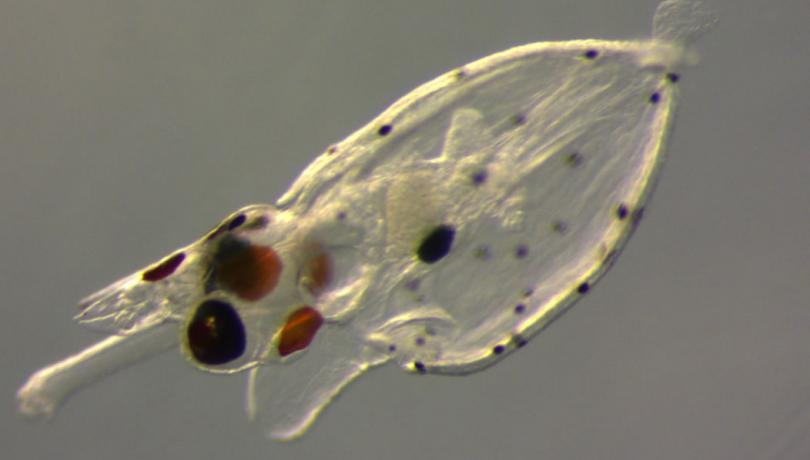Researchers from seven countries, including scientist from ICM and Instituto de investigaciones Marinas de Vigo (IIM), have collaborated in the elaboration of the "guidelines for care and welfare of cephalopods in research".
It is the first publication in which a wide representation of international science community, that has cephalopods between its research lines, offers a guideline to guarantee the comfort of this animals in laboratory.

Researchers from seven countries, including scientist from ICM and Instituto de investigaciones Marinas de Vigo (IIM), have collaborated in the elaboration of the "guidelines for care and welfare of cephalopods in research".
It is the first publication in which a wide representation of international science community, that has cephalopods between its research lines, offers a guideline to guarantee the comfort of this animals in laboratory.
This guidelines have been elaborated to accomplish with the Directive 2010/63/UE about the use of animals for research purpose. For the first time, the class Cephalopoda its completely included between the animals regulated by this directive, with its more than 700 species, with octopus or squid between them.
Camino Gestal, researcher from the Group of Aquatic Molecular Pathology from IMM, explains: ‘’Our purpose is to collect, review and distribute existing knowledge about welfare of cephalopods, with the objective of improving actual procedures, fill the gaps of knowledge and helping in the development of specific guidelines for species, more detailed and wider. We also want to stablish an interdisciplinary network of professionals for research about cephalopods comfort according to the law, and offer specialized formation for young researchers’’.
Main recommendations
The guidelines have the three Rs as fundamental principle: reduce, replace and refine. "Replacing or employing alternative methods to the use of this animals in captivity, reducing the number of specimens used in research and refining procedures to reduce pain’’, as Gestal describes.
"There is, however and especially in the case of cephalopods, a big lack of knowledge in some questions, and in many aspects there is not uniformity or consensus’’, emphasize both Gestal and Roger Villanueva, from Renewable Marine Resources Department of ICM.
"New guidelines are applied from the moment of the birth and in the case of cephalopods there is little knowledge about the requirements of new-born in culture conditions or their dietary needs, so its study is needed", explains Villanueva.
Additionally, as it is indicated in the guidelines, cephalopods that are going to be employed in research must be captured in their natural habitat by authorized personnel. Transport must be done with harmless methods, in containers with oxygenized seawater with constant temperature. When they arrive to the aquarium, they must pass a period of quarantine and must be acclimated to the new conditions. Also, different water parameters (oxygen quantity, pH…) must be monitored frequently and noise must be avoided.
The guide also covers issues related with anesthesia methods and indicators to take into account to know the health and welfare of cephalopods. In this direction, scientist from the European network of Cooperation in Science and Technology (COST), are working in the identification of biomarkers of welfare and health of cephalopods kept in aquarium.
This document is the result of an initiative of the non-profit organization Cephalopod Research, the Federation for European Laboratory Animal Science Associations (FELASA) and the Britain debate forum about animal science The Body Group.
More information